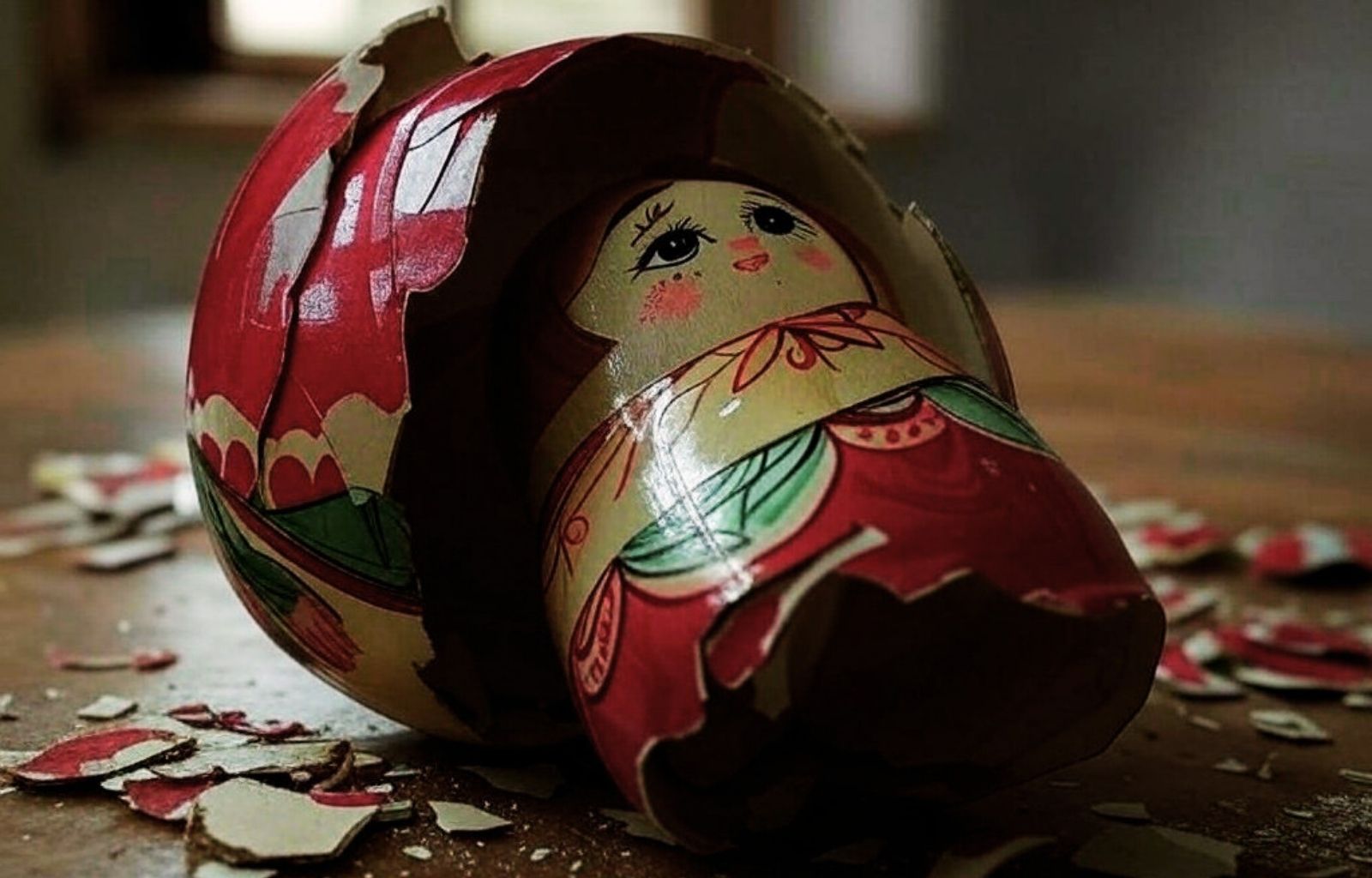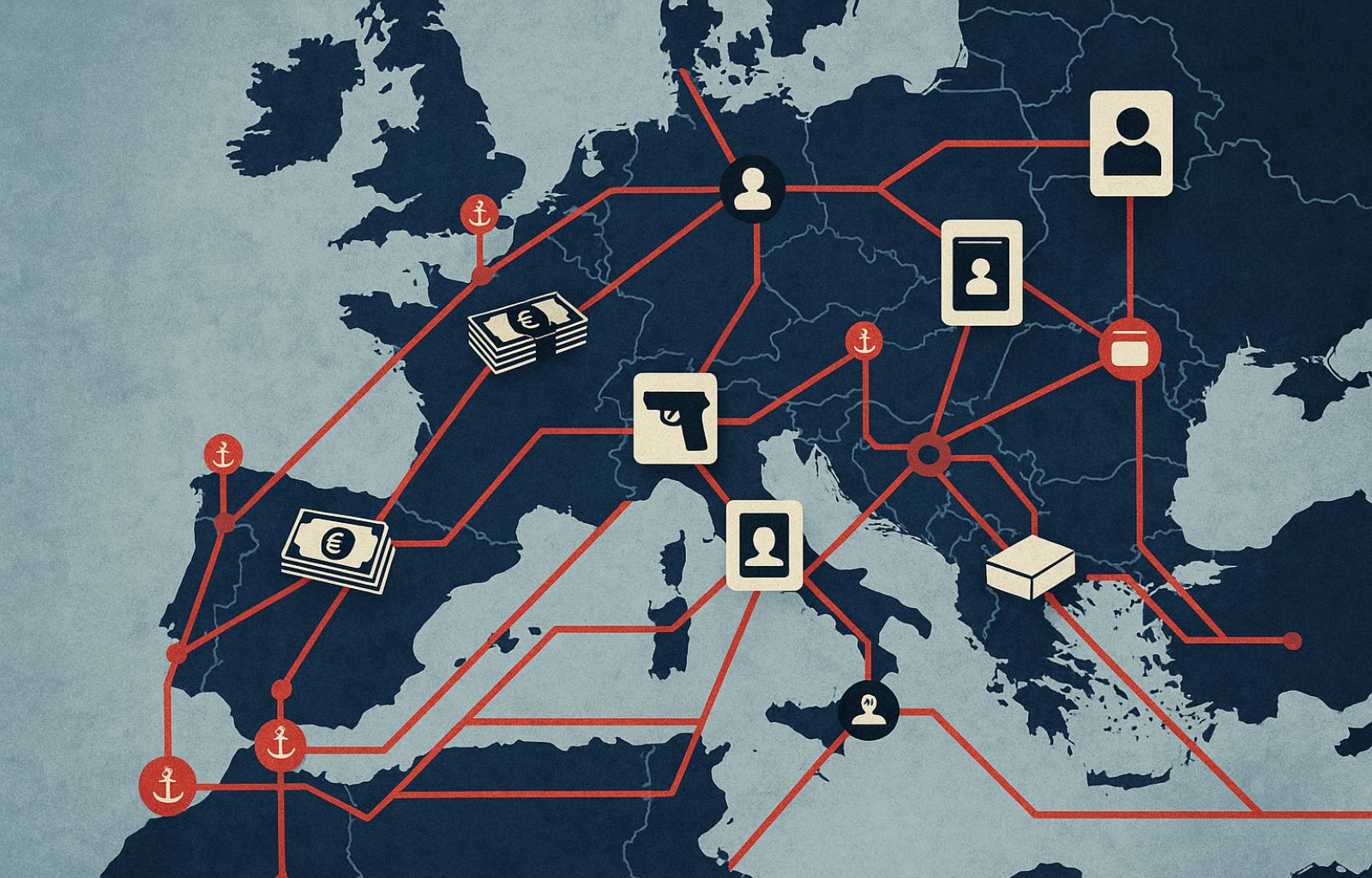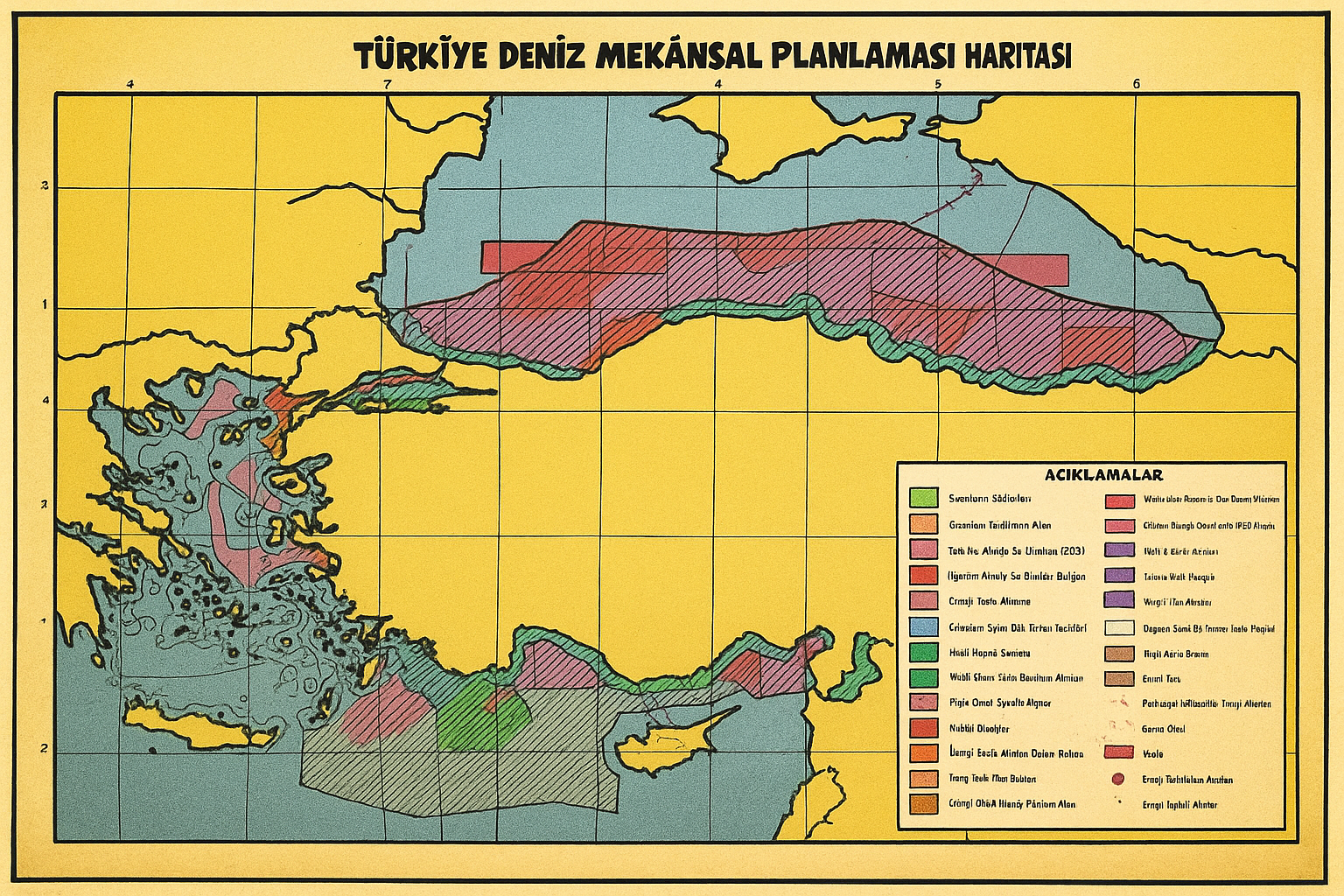Russia buys gas from Europe: the energy paradox of a broken power

In an increasingly unpredictable world, the news reported by Kommersant is surprising: Russia will buy gas from Europe via an intermediary company to meet Transnistria‘s needs, with the costs covered by the Russian state budget.
Russia, historically a major energy power, forced to buy gas from Europe seems a paradox. Sanctions, war in Ukraine and economic isolation have turned the energy market into a slippery slope. Moscow, which in the past has cut European countries politically through supplies, now depends on the same countries to keep a strategic region like Transnistria under its influence.
Support for Transnistria
Transnistria, a Russian-speaking enclave in Moldova, has been a geopolitical cost for Moscow for years. Securing resources such as gas is a strategic priority, but today it weighs even more heavily on a budget already strained by the Ukrainian conflict. This operation, conducted through an intermediary company to circumvent sanctions, underlines how much Moscow now struggles to maintain its rhetoric of energy self-sufficiency.
Roles become confused: supplier becomes customer, adversaries indirect partners. Moscow, in its attempt to build an alternative to the West, finds itself trapped in dynamics of dependence that it was trying to avoid. Is the purchase of European gas a temporary solution or the sign of a deeper crisis? What is certain is that Moscow’s credibility as a global energy player is powerfully dented.
A piece of a now widespread crisis
This is not the first bitter humiliation suffered by Russia in recent months. The Kursk region occupied by Ukraine, the first real occupation of Russian territory since Nazi Germany. In Syria, the allied Assad regime overthrown within days. In parallel, Iran, Moscow’s traditional ally, is facing increasing international containment, limiting Russian regional influence. On the economic front, Russia is facing a growing crisis: inflation is galloping, forcing the Central Bank to raise interest rates to 21%, the highest level since the end of the Soviet Union. In addition, a quarter of Russian shopping centres are on the verge of bankruptcy, highlighting a worsening economic crisis.
In short, this Transnistrian gas affair is not just an energy paradox, but the symbol of a power that, under the weight of sanctions, conflicts and clearly ineffective strategies, and an increasingly paranoid and alienated leadership, is losing ground in the great global geopolitical game.
PS. Of all this, unfortunately, you will find no news in the pages of magazines and self-styled Italian geopolitical analysts still nostalgic about losing their lavish contracts with Gazprom.











